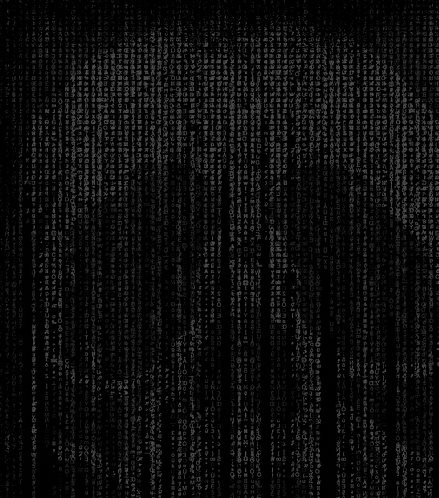 What is Nitol? How to remove Nitol Trojan from your PC or Mac?
What is Nitol? How to remove Nitol Trojan from your PC or Mac?
The Nitol Trojan is a malware threat which is rated as advanced when compared with other viruses of this type. Usually Trojan infections like this one are made by launching automated hacking toolkits or creating infected files. They are often made by taking the legitimate files from their official sources and modifying them with the necessary virus code. Other data can also be affected. All kinds of other data may be used as well — this includes malicious plugins for web browsers and etc. If any are found then the Nitol Trojan will be installed.
This particular threat is known for being spread using a multitude of weaknesses. The attacks are set against users worldwide. After the infection has been made the Nitol Trojan can download other threats, launch multiple dangerous modules and steal files.

Threat Summary
| Name | Nitol Trojan |
| Type | Malware, Trojan, Miner |
| Short Description | A dangerous malware which can launch different components and start a Trojan module. |
| Symptoms | The victims may notice performance issues and can get infected with other malware. |
| Distribution Method | Common distribution tactics and direct web attacks. |
| Detection Tool |
See If Your System Has Been Affected by malware
Download
Malware Removal Tool
|
User Experience | Join Our Forum to Discuss Nitol Trojan. |
Nitol Trojan — Overview
The Nitol Trojan is a dangerous malware which is primarily used to load other viruses onto the affected computers. At the moment the main distribution strategy is to create SPAM email messages. This is done by impersonating the legitimate notifications of well-known companies or services and sending them out to the intended victims. The messages may contain attached files or link them malware in the contents. To make them look safe and real the hackers may insert signatures, certificates and make them appear as if they are sent by the domain name registered by the impersonating company.
Nitol Trojan malware infected files can also be hosted on similar sounding domain names and they can use different techniques in order to manipulate commonly used user files. A good example is when the hackers resort to the infection of documents (across all popular file formats) and installers of famous software. The infections can additionally be caused by inserting the relevant code in browser plugins for popular web browsers. All malware-infected data can be easily shared over BitTorrent trackers and other related file-sharing networks.
When run on the compromised machine the Nitol Trojan will start to immediately run the intended scripts as part of its deployment process. The first malicious action is the system compatibility check – the main engine of the threat will check if there are any installed security software installed, the captured samples appear to specifically monitor for virtual machine hosts. If they are detected the malware may stop running or delete itself to avoid detection. A distinct feature is that the Nitol Trojan will also check if there is a prior infection, so that a double virus installation will not be made.
As part of Nitol Trojan’s initial infection campaign the next action is to establish a persistent state of execution which will start the Trojan every time the computer is run. This is done by modifying the system startup configuration files.
The main executable will drop another malware which can change depending on the current campaign. However its execution will not start immediately in order not to raise any awareness with anti-virus programs. It will start a data gathering process which will scan the machine for information such as operating system values, hardware information, regional preferences and etc. All of the collected data will be relayed to the hackers via a secure connection to a server they control. The Trojan function wil also allow the hackers to download additional malware at their request.

How to Remove Nitol Trojan
In order to fully remove Nitol from your computer system, we recommend that you follow the removal instructions underneath this article. If the first two manual removal steps do not seem to work and you still see Nitol or programs, related to it, we suggest what most security experts advise – to download and run a scan of your computer with a reputable anti-malware program. Downloading this software will not only save you some time, but will remove all of Nitol files and programs related to it and will protect your computer against such intrusive apps and malware in the future.
Preparation before removing Nitol Trojan.
Before starting the actual removal process, we recommend that you do the following preparation steps.
- Make sure you have these instructions always open and in front of your eyes.
- Do a backup of all of your files, even if they could be damaged. You should back up your data with a cloud backup solution and insure your files against any type of loss, even from the most severe threats.
- Be patient as this could take a while.
- Scan for Malware
- Fix Registries
- Remove Virus Files
Step 1: Scan for Nitol Trojan with SpyHunter Anti-Malware Tool
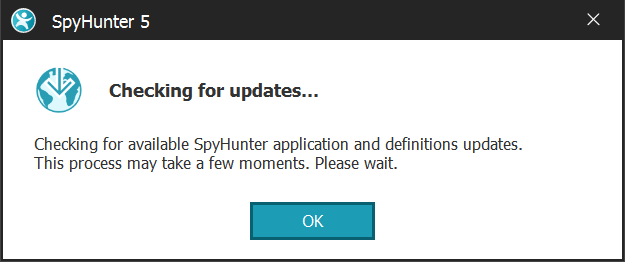
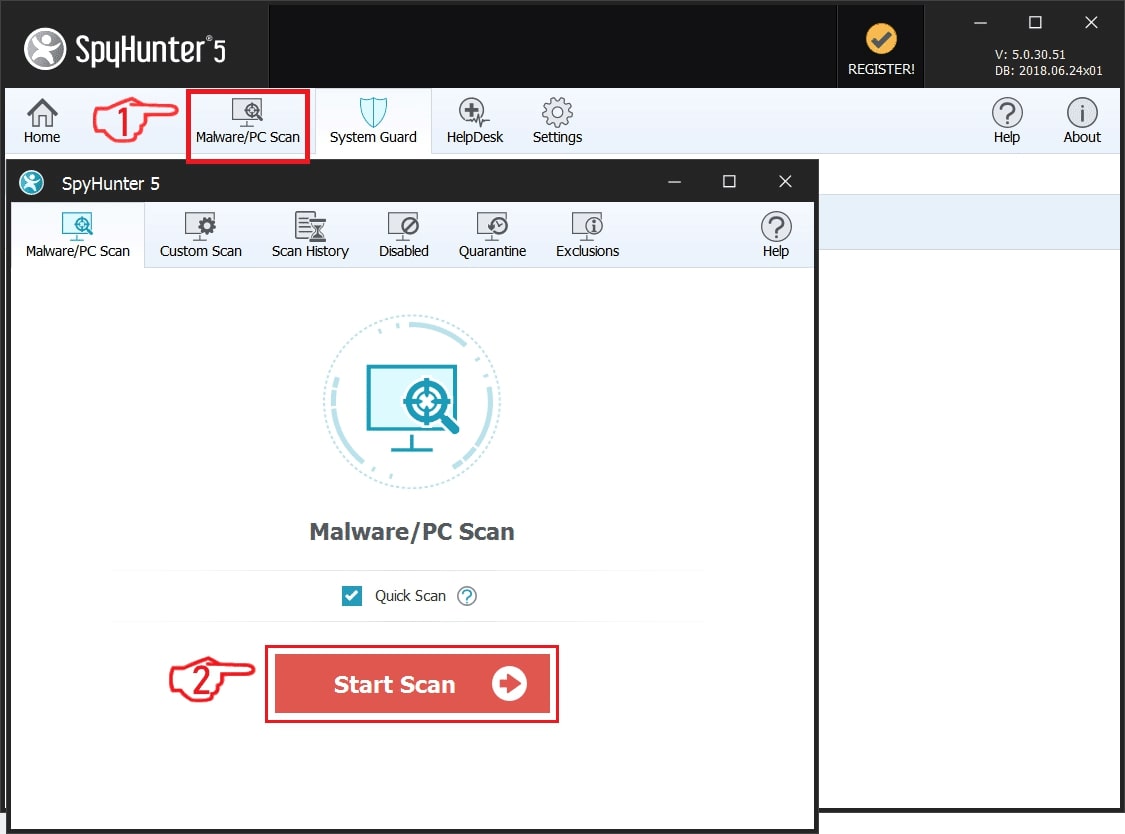
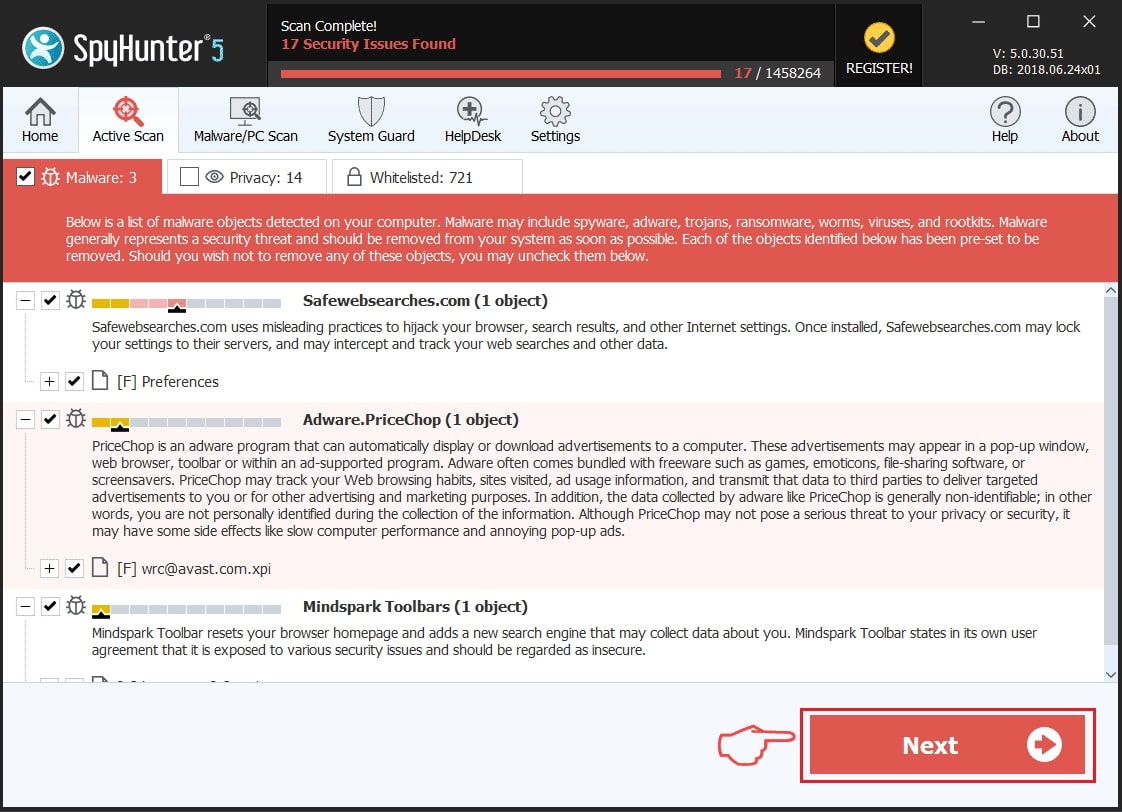
Step 2: Clean any registries, created by Nitol Trojan on your computer.
The usually targeted registries of Windows machines are the following:
- HKEY_LOCAL_MACHINE\Software\Microsoft\Windows\CurrentVersion\Run
- HKEY_CURRENT_USER\Software\Microsoft\Windows\CurrentVersion\Run
- HKEY_LOCAL_MACHINE\Software\Microsoft\Windows\CurrentVersion\RunOnce
- HKEY_CURRENT_USER\Software\Microsoft\Windows\CurrentVersion\RunOnce
You can access them by opening the Windows registry editor and deleting any values, created by Nitol Trojan there. This can happen by following the steps underneath:
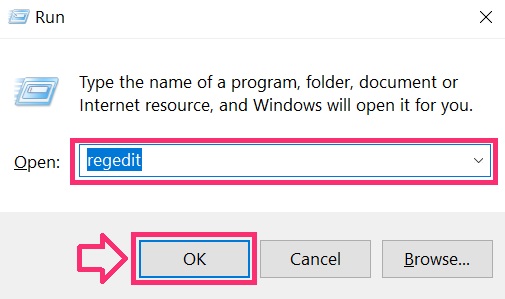

 Tip: To find a virus-created value, you can right-click on it and click "Modify" to see which file it is set to run. If this is the virus file location, remove the value.
Tip: To find a virus-created value, you can right-click on it and click "Modify" to see which file it is set to run. If this is the virus file location, remove the value.Step 3: Find virus files created by Nitol Trojan on your PC.
1.For Windows 8, 8.1 and 10.
For Newer Windows Operating Systems
1: On your keyboard press + R and write explorer.exe in the Run text box and then click on the Ok button.
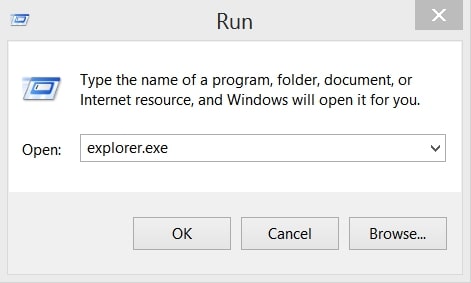
2: Click on your PC from the quick access bar. This is usually an icon with a monitor and its name is either “My Computer”, “My PC” or “This PC” or whatever you have named it.
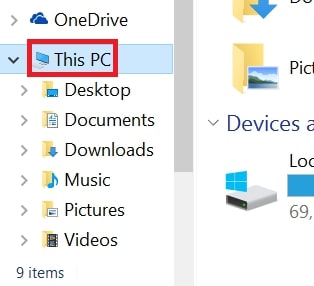
3: Navigate to the search box in the top-right of your PC's screen and type “fileextension:” and after which type the file extension. If you are looking for malicious executables, an example may be "fileextension:exe". After doing that, leave a space and type the file name you believe the malware has created. Here is how it may appear if your file has been found:
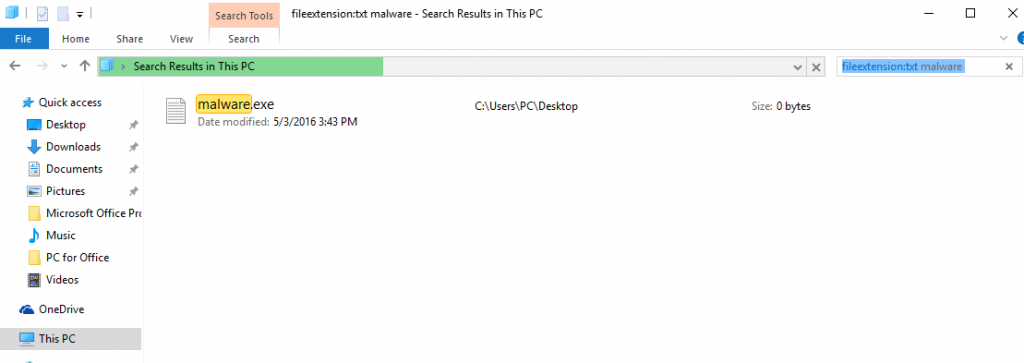
N.B. We recommend to wait for the green loading bar in the navigation box to fill up in case the PC is looking for the file and hasn't found it yet.
2.For Windows XP, Vista, and 7.
For Older Windows Operating Systems
In older Windows OS's the conventional approach should be the effective one:
1: Click on the Start Menu icon (usually on your bottom-left) and then choose the Search preference.
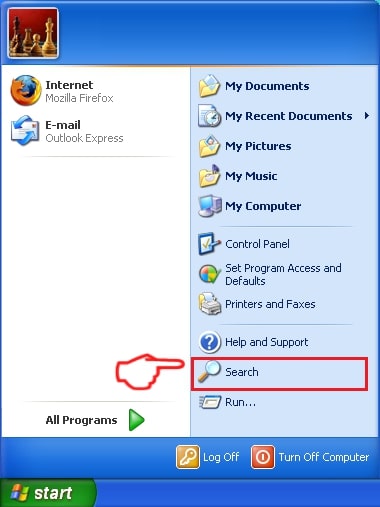
2: After the search window appears, choose More Advanced Options from the search assistant box. Another way is by clicking on All Files and Folders.
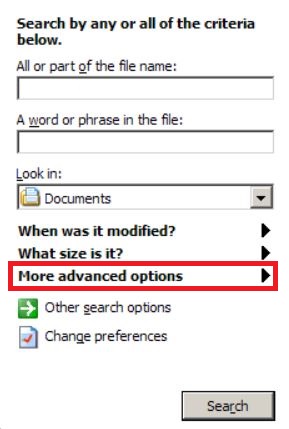
3: After that type the name of the file you are looking for and click on the Search button. This might take some time after which results will appear. If you have found the malicious file, you may copy or open its location by right-clicking on it.
Now you should be able to discover any file on Windows as long as it is on your hard drive and is not concealed via special software.
Nitol Trojan FAQ
What Does Nitol Trojan Trojan Do?
The Nitol Trojan Trojan is a malicious computer program designed to disrupt, damage, or gain unauthorized access to a computer system. It can be used to steal sensitive data, gain control over a system, or launch other malicious activities.
Can Trojans Steal Passwords?
Yes, Trojans, like Nitol Trojan, can steal passwords. These malicious programs are designed to gain access to a user's computer, spy on victims and steal sensitive information such as banking details and passwords.
Can Nitol Trojan Trojan Hide Itself?
Yes, it can. A Trojan can use various techniques to mask itself, including rootkits, encryption, and obfuscation, to hide from security scanners and evade detection.
Can a Trojan be Removed by Factory Reset?
Yes, a Trojan can be removed by factory resetting your device. This is because it will restore the device to its original state, eliminating any malicious software that may have been installed. Bear in mind that there are more sophisticated Trojans that leave backdoors and reinfect even after a factory reset.
Can Nitol Trojan Trojan Infect WiFi?
Yes, it is possible for a Trojan to infect WiFi networks. When a user connects to the infected network, the Trojan can spread to other connected devices and can access sensitive information on the network.
Can Trojans Be Deleted?
Yes, Trojans can be deleted. This is typically done by running a powerful anti-virus or anti-malware program that is designed to detect and remove malicious files. In some cases, manual deletion of the Trojan may also be necessary.
Can Trojans Steal Files?
Yes, Trojans can steal files if they are installed on a computer. This is done by allowing the malware author or user to gain access to the computer and then steal the files stored on it.
Which Anti-Malware Can Remove Trojans?
Anti-malware programs such as SpyHunter are capable of scanning for and removing Trojans from your computer. It is important to keep your anti-malware up to date and regularly scan your system for any malicious software.
Can Trojans Infect USB?
Yes, Trojans can infect USB devices. USB Trojans typically spread through malicious files downloaded from the internet or shared via email, allowing the hacker to gain access to a user's confidential data.
About the Nitol Trojan Research
The content we publish on SensorsTechForum.com, this Nitol Trojan how-to removal guide included, is the outcome of extensive research, hard work and our team’s devotion to help you remove the specific trojan problem.
How did we conduct the research on Nitol Trojan?
Please note that our research is based on an independent investigation. We are in contact with independent security researchers, thanks to which we receive daily updates on the latest malware definitions, including the various types of trojans (backdoor, downloader, infostealer, ransom, etc.)
Furthermore, the research behind the Nitol Trojan threat is backed with VirusTotal.
To better understand the threat posed by trojans, please refer to the following articles which provide knowledgeable details.


